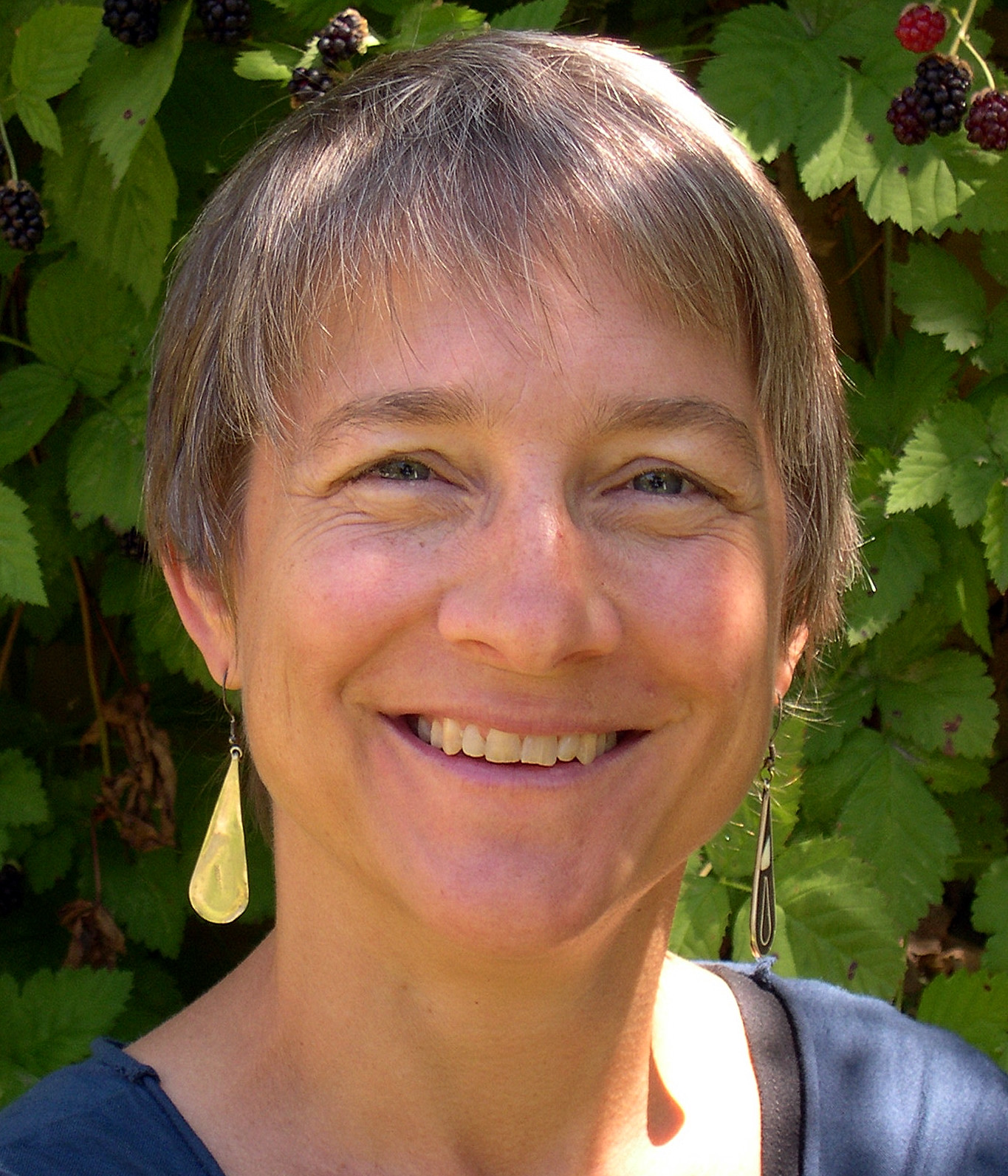An Advent worship leader at First Mennonite Church of San Francisco asked me if I would consider writing a series of poems to be used for each of the four Sundays of Advent. He wanted to focus the series on Mary’s Magnificat found in Luke 1, and he suggested that I use that text as inspiration. It provided a surfeit of inspiration, as it turned out. I could have written a poem or two on every one of its 10 verses. My memory is that we read the Magnificat each Sunday of Advent that year, followed by my “poetic response” for that week.
Mary Poems for Advent
"My soul doth magnify the Lord and my spirit hath rejoiced in God my savior.”
(Luke 1:46-47)
He came to me, in the secret garden of my soul,
the garden he had planted, but I had tended,
patiently. I didn't know it then, but I was waiting. And so,
although I didn't know why, I loosened the ground,
picked out the stones, pulled up weeds, sat and watched
while small sprouts came up through the dirt.
They grew tall and strong, my garden was green;
they budded and blossomed, my garden was fragrant and full of color.
I danced in the garden, alone, dizzy. Months passed
and everything fell, faded.
I harvested the last fruits, pulled up the roots.
The nights were dark and long. My garden was fallow.
And then he came.
"He hath filled the hungry with good things and the rich he hath sent away empty."
(Luke 1:53)
Mary, you're not always meek and mild.
Some days you come roaring out of the rent heavens
and turn over tables. Tables fat with food,
fat with gold, fat with our poinsettias
and sparkly glass ornaments.
You've broken our garlands,
pulled the plug on the lights.
You say: "The coming of the new into an old world
isn't always pretty."
"For he hath regarded the lowliness of his handmaiden, for behold from henceforth I shall be called blessed by all generations." (Luke 1:48)
Mary, ordinary as mud. Sitting in the small women's section of the stone synagogue, you recited the psalm that said: "Abandon yourself to God," not knowing what that meant. Walking home, your feet grew dusty and hot. Yet today we call you Mother of God and people worship at thousands of your shrines, see you in tacos and sides of trees. If you are the Mother of God, what does that make you? Human or divine?
You are the Mother. You are our Mother, the one we go to when the Father is too scary. You are our Mother, the one who kisses the skinned elbow, washes the sheets white, makes sure the table, three times a day, is set with food. You are our Mother, ordinary as mud. Can this, the mother, be divine? Can the Godhead be as close as Mother? No throne you sit on, no Kingdom you've come to establish. You are not a King. What have you come to establish, Mother? A place in our hearts? The knowledge that we, too, beget the ordinary divine into the world, every day?
Mary, ordinary as mud. Mary, lowly handmaiden. You say the divine, too, is ordinary and small. It is our ordinary self that magnifies the Lord. It is these small selves that make God great.
"He has helped his servant Israel, in remembrance of his mercy,
as he spoke to our fathers, to Abraham and to his posterity forever." (Luke 1:54-55)
But sometimes God spoke to mothers, not always through hard words
but through a laughter that dances down the centuries.
The nights are long and sometimes children die.
But sometimes old women give birth and
a young woman, who has never known a man, laughs,
and her womb leaps for joy.
Lenten Fragments: A Writing Exercise & Poem
The first time our Worship Committee met to plan Lent, our chairperson led us in a reflection on the lectionary texts for that season. We had read the texts ahead of time, but we also had printouts of the texts in front of us for this exercise, plus an array of papers, pens, colored pencils and markers. We were simply asked to respond to what we had read using whatever medium we wished. Some of us wrote our responses to the texts, some of us drew or doodled. At this point, we were simply trying to elicit the emotions, thoughts, and “energies” that the texts brought up in us, to use as the raw material in coming up with a potent theme for Lent.
During this exercise, I was inspired to write a poem I called “fragments,” using several Lenten texts – Exodus 16 and 17 and John 6 – as inspiration. The pastor ended up using this poem in a sermon she gave during this series.
Fragments
From the fragments, we gather,
rounding up the remains,
drawing in the scattered.
Filling baskets of abundance, fragments,
eating at the fleshpots, remains.
Lapping at the moist rock,
cheek against the granite.
Drinking from the trickle, quenched.
From these bits and tatters,
from remnants, full,
from dribbles, thirst is slaked.
Eat and be filled.
Fragments gathered in baskets, overflowing,
sitting on a hillside, full.
Drink from the struck rock.
Dry tongue to damp stone,
water seeping, streaming,
slaked.
Know in the evening that today,
from the fragments,
fed, full, quenched, slaked,
satisfied.
